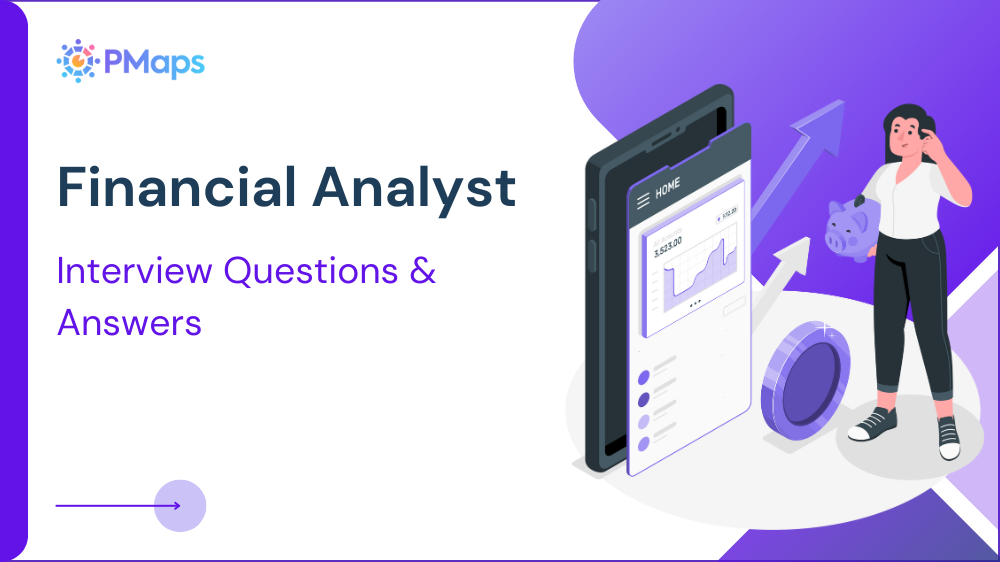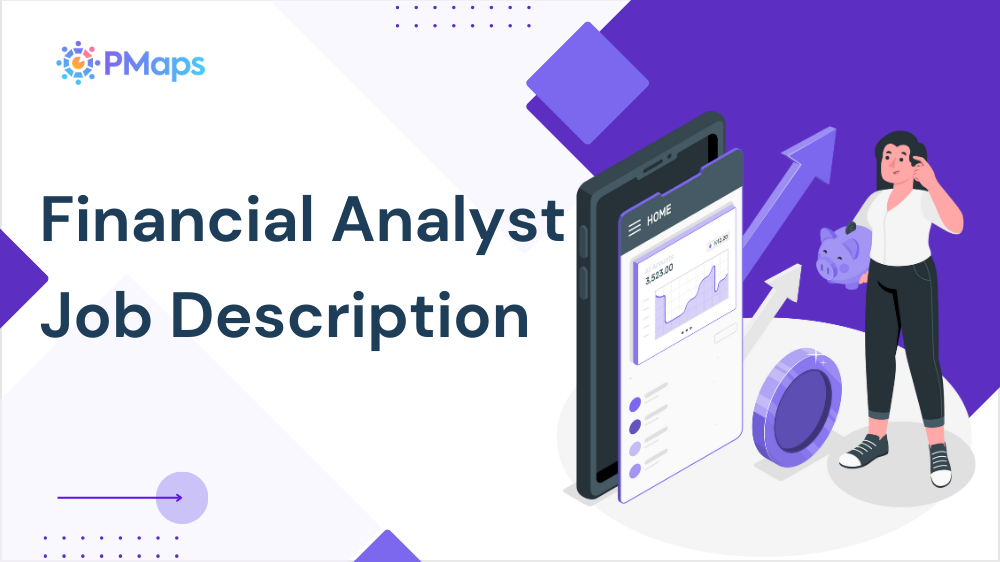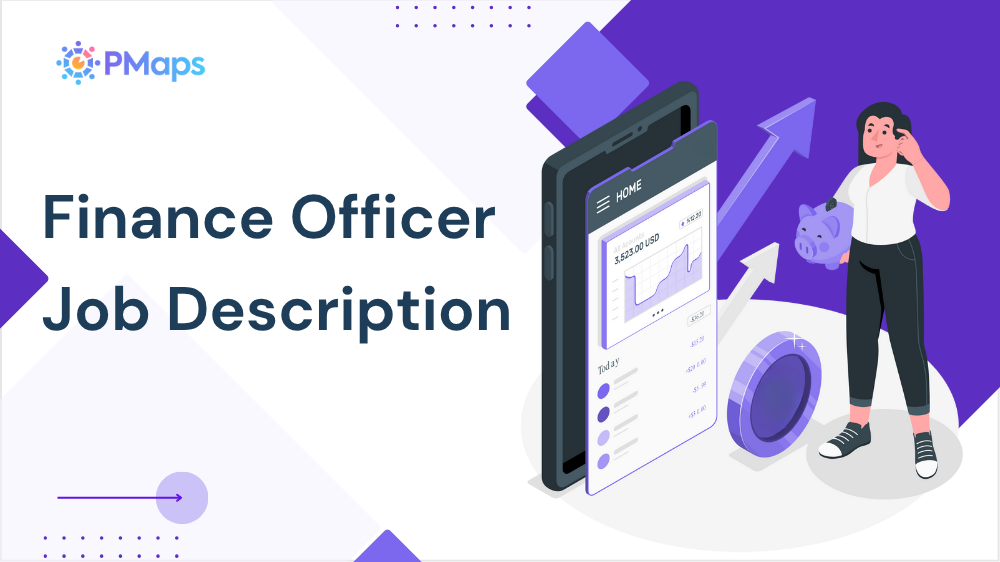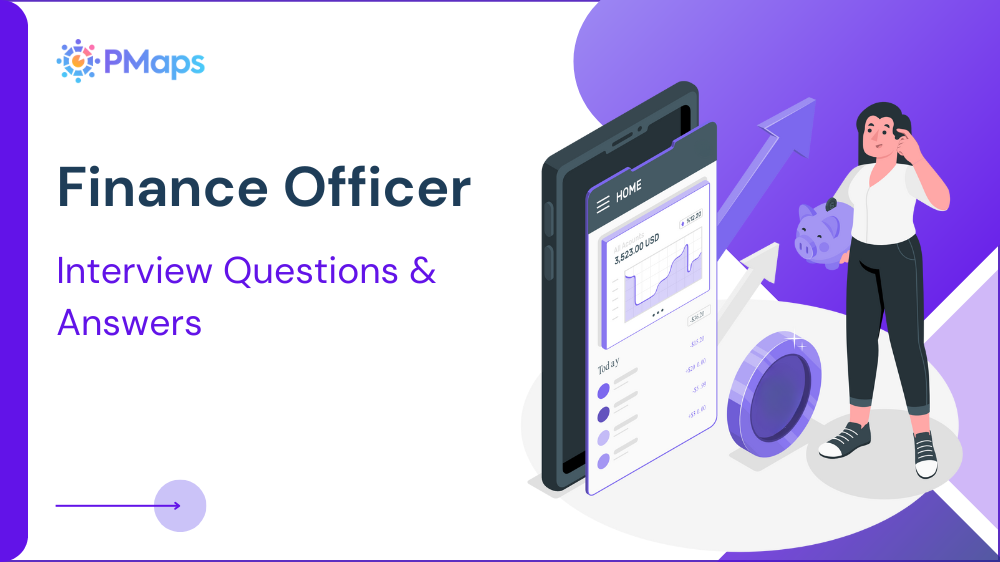
The demand for financial analysts is projected to grow by 8% through 2032 (US Labour Bureau), faster than the average for most occupations. Yet, as strategic financial planning becomes increasingly critical in today’s volatile markets, selecting the right analyst has never been more vital—or more challenging.A strong financial analyst does more than manage spreadsheets.
Still not sure? Let the Financial Analyst Assessment break the tie.

They interpret data into decisions, deliver budget insights that steer corporate strategy, and detect patterns that drive sustainable growth. The risk? Hiring someone who looks good on paper but lacks analytical depth or stakeholder fluency.
This guide equips you with a structured evaluation toolkit, built on research-backed interview methodology. Inside, you’ll find:
- Foundational questions to assess core financial logic
- Behavioral and situational prompts based on real-world scenarios
- Technical and role-specific questions for functional depth
- Interviewing strategies to validate judgment, modeling skills, and data narrative capabilities
Quick recap—check the Financial Analyst Job Description once more.
General Interview Questions for Financial Analyst
In a financial analyst interview, general questions help reveal a candidate’s core motivation, financial mindset, and conceptual clarity. These foundational questions serve as the starting point for evaluating whether the candidate possesses the intellectual discipline and stakeholder alignment necessary for effective financial planning and forecasting.
1. What attracted you to the role of a financial analyst?
Why Ask This: This question uncovers the candidate’s career motivation and alignment with the broader financial analyst job description—whether they are driven by numerical analysis, strategic input, or business optimization.
What to Listen For: Look for responses that reflect curiosity about market trends, interest in forecasting, and a desire to contribute to strategic decisions—not just "liking numbers."
2. How do you prioritize tasks when handling multiple reports or analysis requests?
Why Ask This: Time sensitivity is critical in financial reporting cycles. This question reveals a candidate’s ability to juggle deliverables, especially when supporting multiple departments or executives.
What to Listen For: Effective answers should reference time-blocking, stakeholder impact consideration, or tools like dashboards and Gantt charts to stay ahead of deadlines.
3. What types of financial reports have you created or maintained in your previous roles?
Why Ask This: This helps you assess the scope of the candidate’s technical exposure—whether limited to budget variance or inclusive of cash flow modeling, P&L statements, and long-term forecasts.
What to Listen For: Look for variety in reporting (monthly vs. quarterly), depth of analysis, and ability to explain trends or anomalies.
4. Describe your comfort level with presenting data to non-financial stakeholders.
Why Ask This: Financial analysts often act as translators between raw data and business teams. Communication clarity and visual storytelling are as crucial as analysis.
What to Listen For: Seek indicators of cross-functional communication, use of visual aids (charts, dashboards), and the ability to simplify complex metrics.
5. How do you stay current with changes in financial regulations or market conditions?
Why Ask This: The finance landscape evolves quickly. This question tests the candidate’s self-learning habit and awareness of macroeconomic shifts.
What to Listen For: Look for references to financial news sources, industry journals, or upskilling platforms like CFA modules, DataCamp, or regulatory briefings.
These financial analyst interview questions reveal whether a candidate understands not just the mechanics of finance—but the business narrative behind it. They serve as a reliable diagnostic tool for assessing readiness, alignment, and intellectual fit early in the interview process.
Behavioral Interview Questions
Behavioral interview questions help reveal how a financial analyst has responded to high-impact challenges in past roles. These responses, when guided through the STAR method (Situation, Task, Action, Result), offer clarity into a candidate’s analytical depth, business judgment, and communication maturity—traits that rarely show up on a résumé.
For roles that require both independent analysis and cross-functional collaboration, these questions are essential in understanding whether a candidate can operate in dynamic, decision-heavy environments.
1. Tell me about a time you identified a financial risk or inefficiency. How did you address it?
Why Ask This: This tests a candidate’s ability to spot financial red flags before they escalate—whether in budgets, forecasts, or operational data.
What to Listen For: Look for initiative, pattern recognition, and accountability. Strong answers include how the issue was flagged, communicated, and ultimately resolved or avoided.
2. Describe a time when your financial recommendation was challenged. How did you respond?
Why Ask This: Analysts must defend insights with clarity and composure—especially when dealing with executives or cross-functional pushback.
What to Listen For: Listen for structured justification, calm under scrutiny, data-backed reasoning, and openness to revision if better insights emerged.
3. Share an example of how you supported a business decision using data.
Why Ask This: A good analyst enables decisions—not just reports on them. This question evaluates how well the candidate influences real-world outcomes.
What to Listen For: Look for strategic framing, financial modeling, and collaboration with decision-makers. Bonus if the outcome had measurable business impact.
4. Tell me about a time you had to meet a tight financial reporting deadline.
Why Ask This: Deadlines in finance are immovable. This tests time management under pressure and the ability to maintain quality amidst urgency.
What to Listen For: Did the candidate reprioritize, automate, or collaborate? Were quality checks in place despite time constraints?
5. Describe a situation where you had to explain a complex financial concept to someone without a finance background.
Why Ask This: Financial analysts must translate insights across departments. This tests storytelling ability, empathy, and communication range.
What to Listen For: Watch for simplicity in language, visual explanation, and signs the recipient understood and acted on the insight.
These behavioral financial analyst interview questions distinguish those who simply interpret data from those who apply it with influence. They help uncover candidates who lead with insights, anticipate challenges, and stay resilient in fast-paced financial environments.
Situational Interview Questions
Situational questions present hypothetical business challenges to assess how a financial analyst would respond if faced with uncertainty, complexity, or time-sensitive decisions. These questions are essential for evaluating a candidate’s problem-solving instincts, especially in roles where they’ll be expected to anticipate issues, evaluate trade-offs, and influence strategy under ambiguous conditions.
Unlike behavioral questions that focus on past actions, these scenarios test forward-thinking, judgment under pressure, and alignment with organizational priorities.
1. If a department submits a budget request that exceeds historical spending by 40%, how would you approach the analysis?
Why Ask This: Budget reviews often involve balancing ambition with realism. This tests the candidate’s ability to evaluate underlying assumptions, manage stakeholder expectations, and support data-driven decisions.
What to Listen For: Expect a process-driven response: historical trend analysis, meetings with the department head, ROI evaluation, and suggestions for reallocation or phased investment.
2. Imagine your quarterly forecast is due in two days, but a major dataset is missing. What would you do?
Why Ask This: Tight timelines with imperfect data are common in financial cycles. This question checks for composure, risk navigation, and contingency planning.
What to Listen For: Look for use of historical proxies, stakeholder alignment on assumptions, flagged caveats in the report, and a follow-up plan to revise once data arrives.
3. A senior executive asks you for a report that goes beyond your current dataset or scope. How do you proceed?
Why Ask This: Requests for “quick insights” from leadership are frequent—and often vague. This tests stakeholder management and boundary-setting with professionalism.
What to Listen For: Does the candidate clarify scope, offer alternatives, align expectations, and communicate limitations without defensiveness? This reveals maturity and business EQ.
4. Suppose you identify a recurring reporting error that’s been overlooked by the team. What steps would you take?
Why Ask This: Even minor misstatements can escalate into compliance risks. This question evaluates ethics, attention to detail, and courage to raise issues.
What to Listen For: Look for integrity, structured escalation (manager or compliance contact), and process correction suggestions—not finger-pointing.
These situational financial analyst interview questions provide a forward-looking lens into how candidates think under pressure, resolve ambiguity, and safeguard financial accuracy. They are particularly valuable for roles that involve forecasting, executive reporting, or cross-functional advisory.
Technical or Role-Specific Questions
Beyond analytical curiosity and stakeholder collaboration, a strong financial analyst must demonstrate technical proficiency. These role-specific interview questions are designed to evaluate the candidate’s ability to work with financial models, forecasting tools, and data sources to support accurate, compliant, and strategic decision-making.
This section is particularly useful when hiring for mid to senior-level roles or for analysts expected to lead reporting cycles, budgeting workflows, or investor communications.
1. What financial modeling techniques are you most experienced with?
Why Ask This: Financial modeling is core to strategic planning, scenario analysis, and capital structuring. This question tests the candidate’s modeling range and complexity management.
What to Listen For: Expect references to three-statement models, discounted cash flow (DCF), sensitivity analysis, or scenario modeling. Look for clarity, assumptions, logic, and how the model impacted a decision.
2. Which tools or software do you use for financial analysis and reporting?
Why Ask This: Tool familiarity speeds up onboarding and improves efficiency. It also reveals how digitally mature the candidate’s workflow is.
What to Listen For: Expect mention of Excel (with pivot tables, VLOOKUP, macros), Power BI, Tableau, SAP, Oracle, or other ERP systems. Candidates should also highlight how they leverage these tools for automation or dashboarding.
3. How do you validate the accuracy of your reports before submission?
Why Ask This: Even minor inaccuracies in financial reporting can result in reputational or regulatory damage. This question examines attention to detail and process rigor.
What to Listen For: Watch for data reconciliation practices, cross-checks with accounting, version control in reports, and clear documentation. Bonus if the candidate includes peer reviews or audit-ready packaging.
4. How do you handle confidential financial information in your role?
Why Ask This: Analysts often work with pre-release earnings, strategic investments, or board-level projections. This question tests discretion and understanding of compliance.
What to Listen For: Look for secure data handling practices, NDA compliance, selective sharing protocols, and cultural awareness around confidentiality.
5. What KPIs do you track to assess the financial health of a company?
Why Ask This: The KPIs a candidate chooses reveal how well they understand financial performance and business priorities.
What to Listen For: Strong answers include a mix of liquidity (current ratio), profitability (gross/net margin), efficiency (ROE, asset turnover), and forecasting indicators (runway, burn rate, variance).
These technical interview questions help distinguish candidates who can execute from those who can lead financial outcomes. They’re especially useful when mapped against role-specific assessments like the Financial Analyst Assessment.
Pro Tips for Interviewing as a Financial Analyst
Hiring a financial analyst goes beyond evaluating Excel fluency or academic background. The real differentiators lie in how a candidate interprets data, connects insights to outcomes, and communicates findings across verticals. Use these advanced, finance-specific interview strategies to assess readiness beyond the resume.
Unclear financial projections slowing decisions? Understand how to hire a Financial Analyst who interprets numbers with structured reasoning.
1. Test How Candidates Frame Assumptions in Financial Models
Financial modeling isn’t just about formulas—it’s about logic. Ask candidates to explain the assumptions behind a model they’ve built. How did they forecast revenue? What influenced cost projections? Analysts who can justify inputs and adapt scenarios signal strong forecasting maturity and decision impact.
2. Prioritize Analysts Who Translate Insights into Business Actions
The best financial analysts influence strategy—not just report numbers. Ask how their insights shaped budget cuts, product pricing, or hiring plans. Candidates who link metrics to executive actions show commercial fluency—not just technical competence.
3. Use Hypothetical Investor Questions to Test Strategic Awareness
Pose a scenario: “You’re preparing a deck for investors. What KPIs would you highlight, and how would you defend them?” This tests storytelling, risk communication, and forward-facing thinking—key for analysts in high-growth or investor-facing roles.
4. Look for Data Governance and Source Discipline
Data integrity defines financial credibility. Ask how candidates manage multi-source data or spot anomalies in source files. Strong analysts will describe version control practices, audit trails, and stakeholder alignment to ensure reporting fidelity.
5. Probe for Stakeholder Alignment Experience
Financial analysts often support marketing, operations, HR, and C-level executives. Ask how they tailor reports for each. Candidates who adjust language, visuals, and focus areas to match stakeholder needs demonstrate high financial communication dexterity.
6. Evaluate How They Handle Forecast Misses
Missed projections are a real-world test. Ask: “What did you do the last time your forecast was off?” Watch for accountability, root cause analysis, and course correction. Analysts who respond with maturity—not defensiveness—signal high reliability.
These pro tips are calibrated to help you identify analysts who do more than calculate—they clarify, challenge, and contribute to strategy. Use them to separate spreadsheet operators from financial storytellers who create business value.
Conclusion
Interviewing a financial analyst requires more than asking about spreadsheet functions or market knowledge. It demands a structured evaluation of judgment, modeling skills, data discipline, and cross-functional influence. From identifying overlooked risks to shaping budget strategies, your analyst must bridge data with decision-making—accurately, ethically, and under pressure.
With well-crafted general, behavioral, situational, and technical questions, coupled with role-fit testing tools and communication probes, you’ll be equipped to identify analysts who can think critically, report accurately, and influence strategically.
Looking to standardize or accelerate your financial analyst hiring pipeline? Dial us on 8591320212 or email us at assessment@pmaps.in to upscale to smarter, faster hiring aligned to your business strategy.









